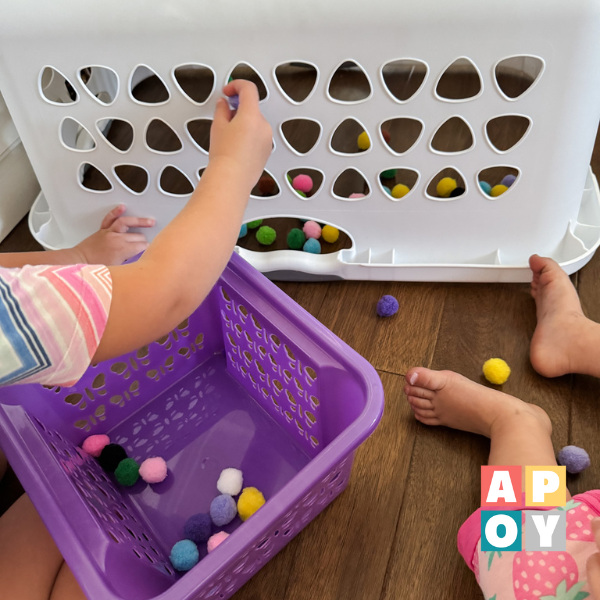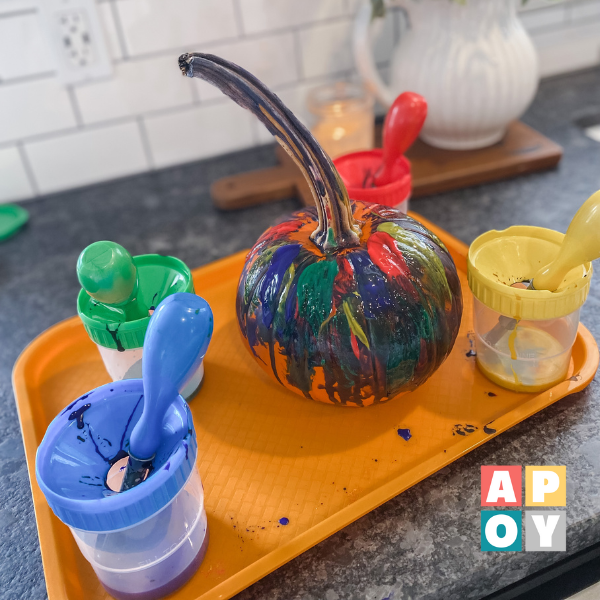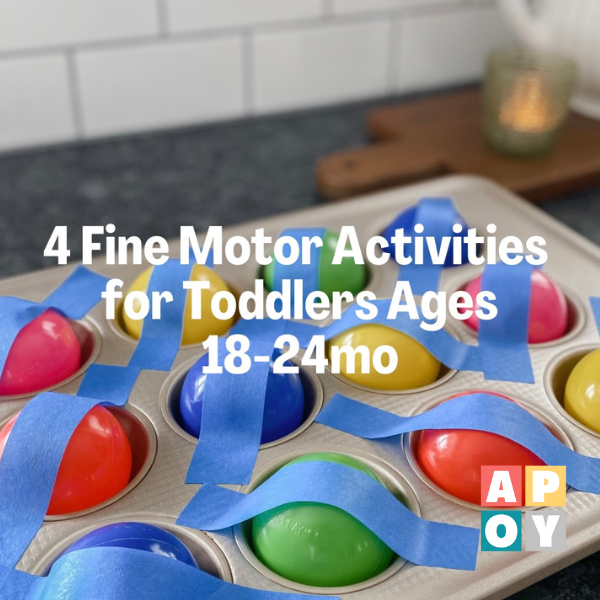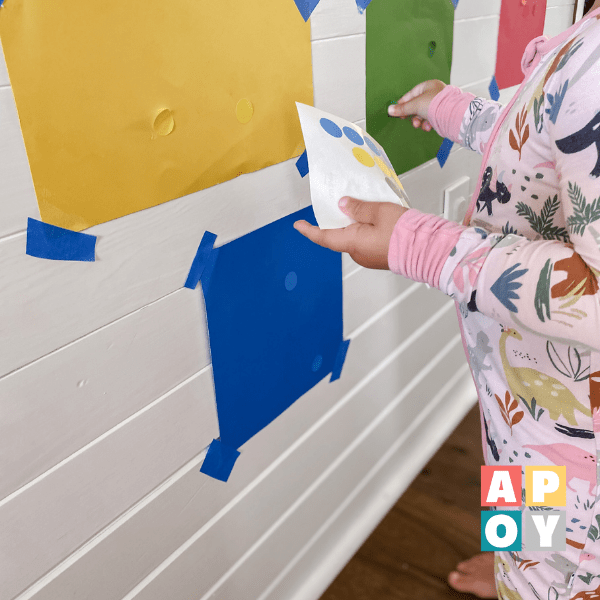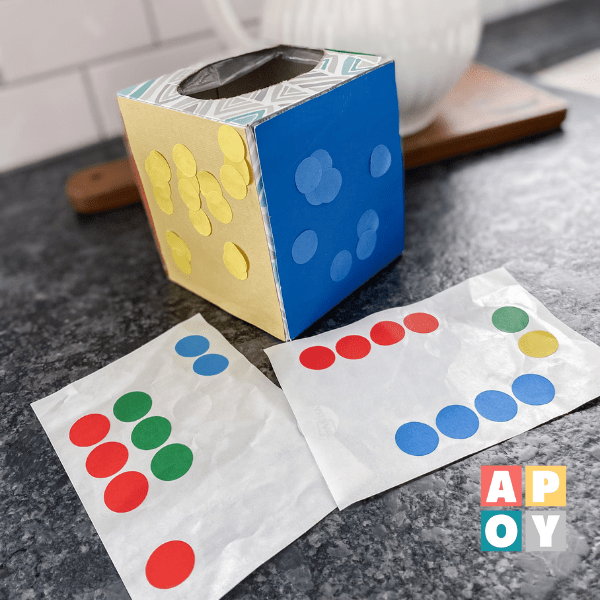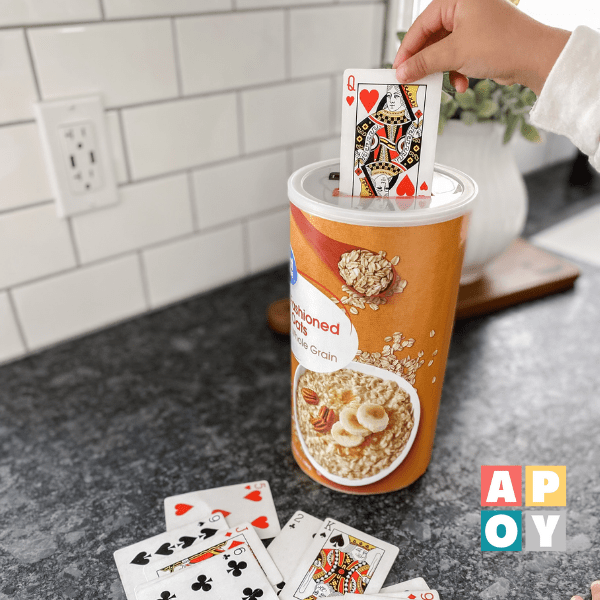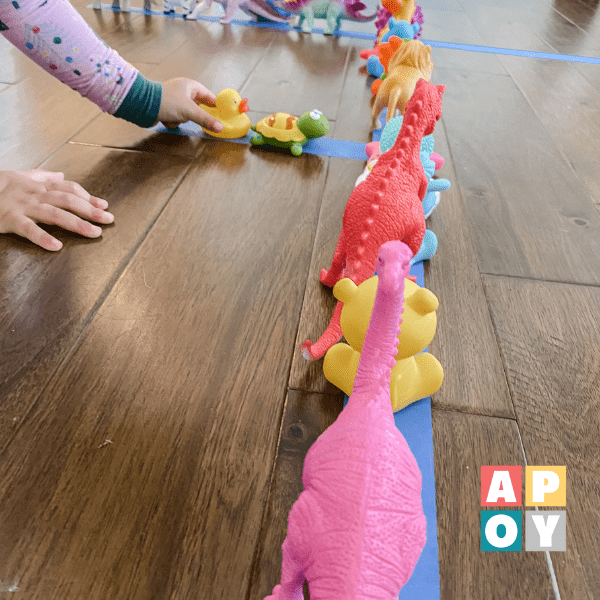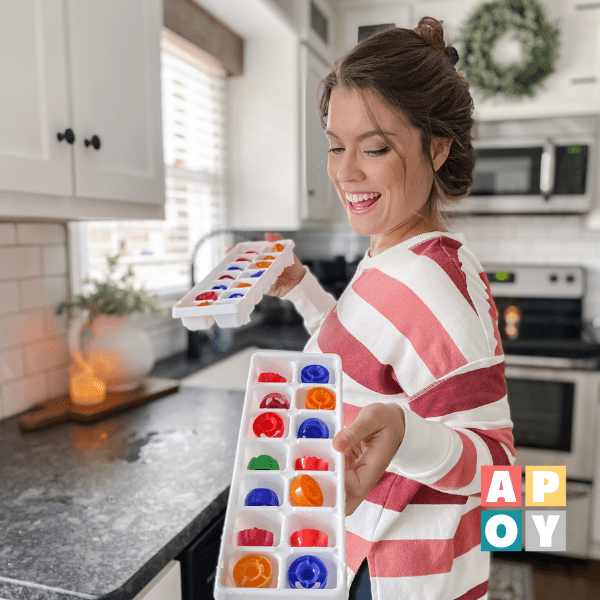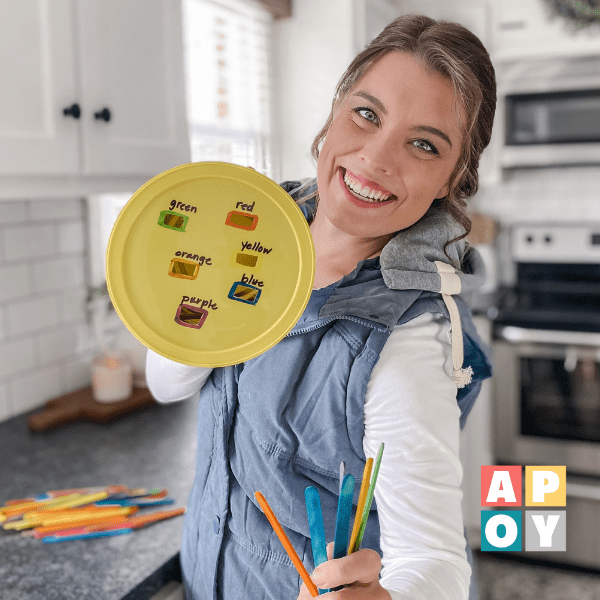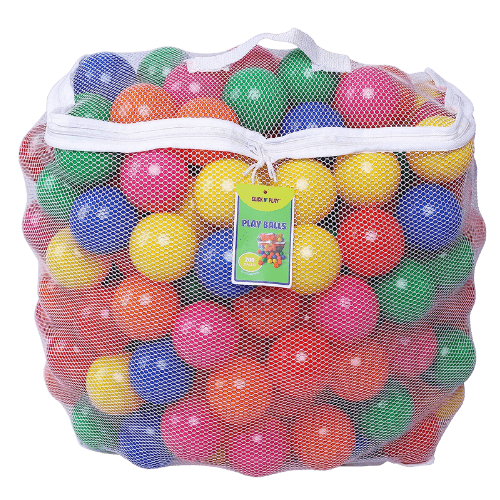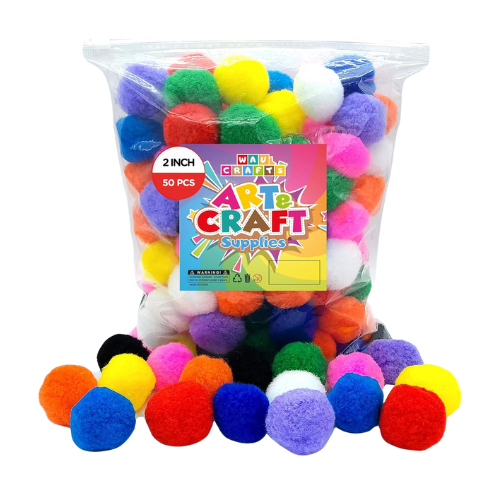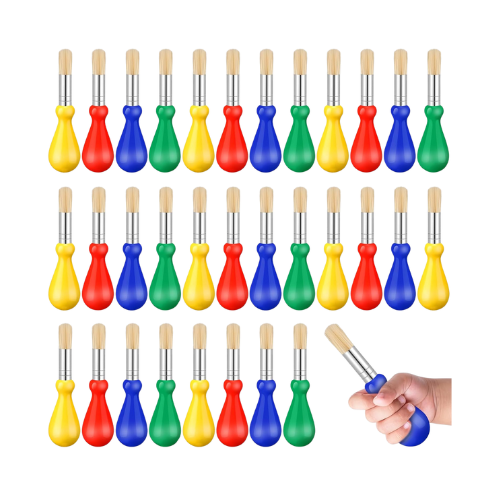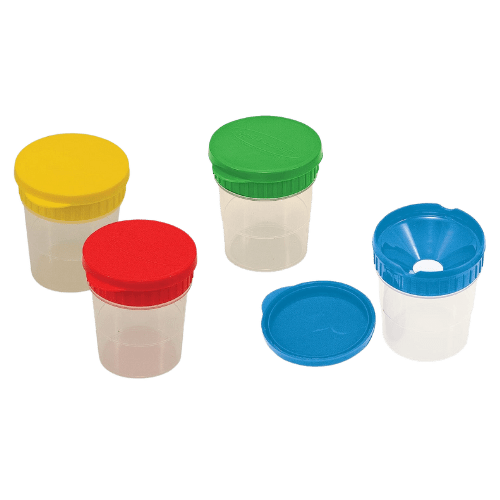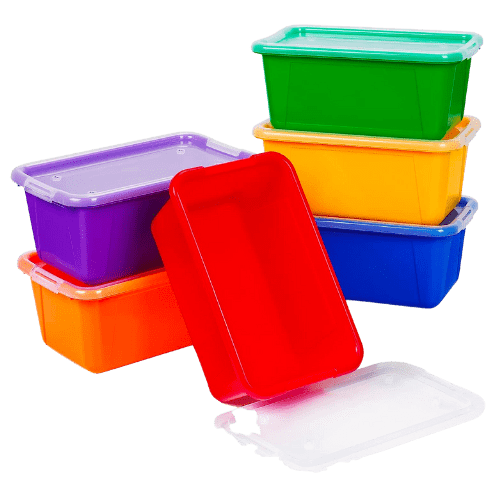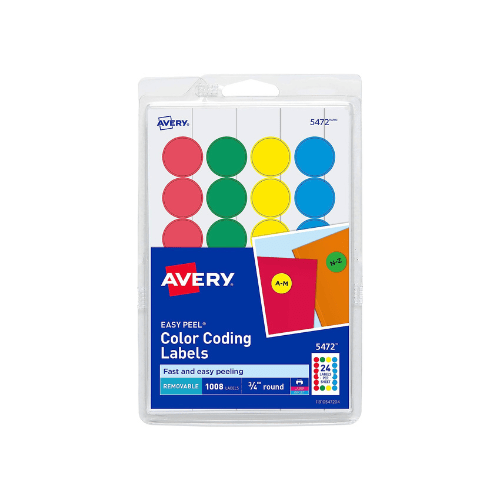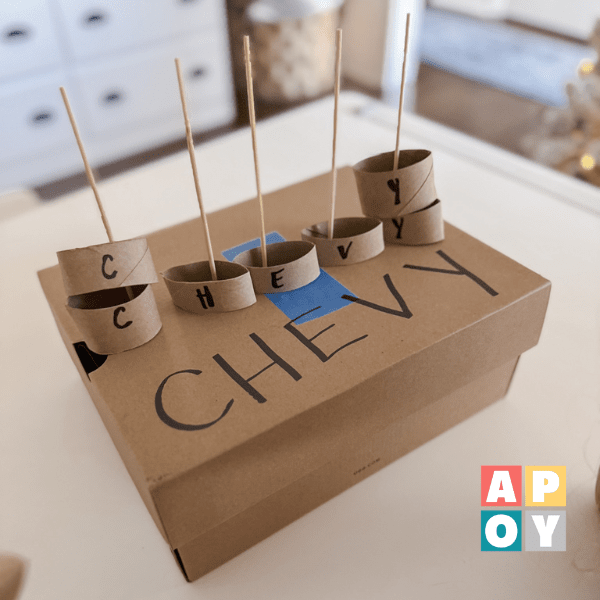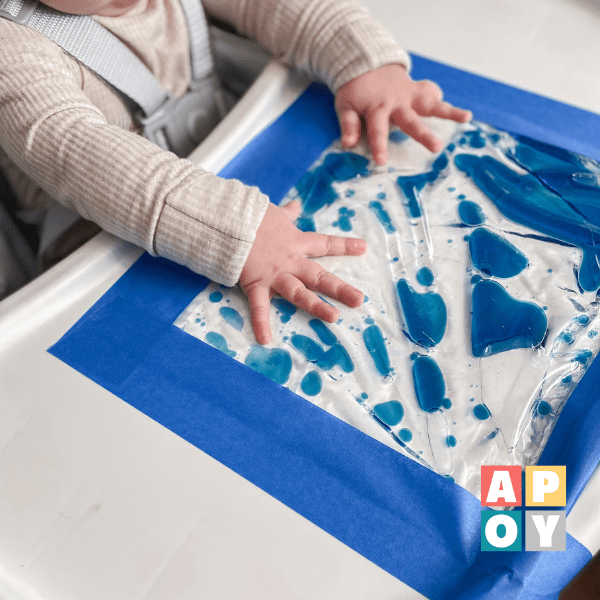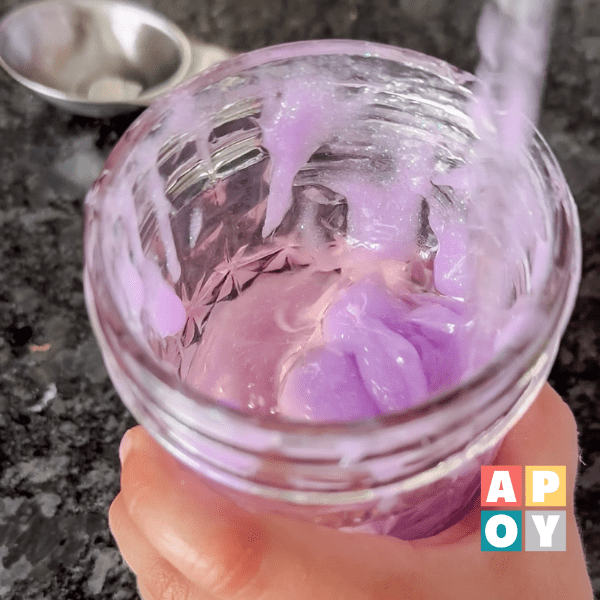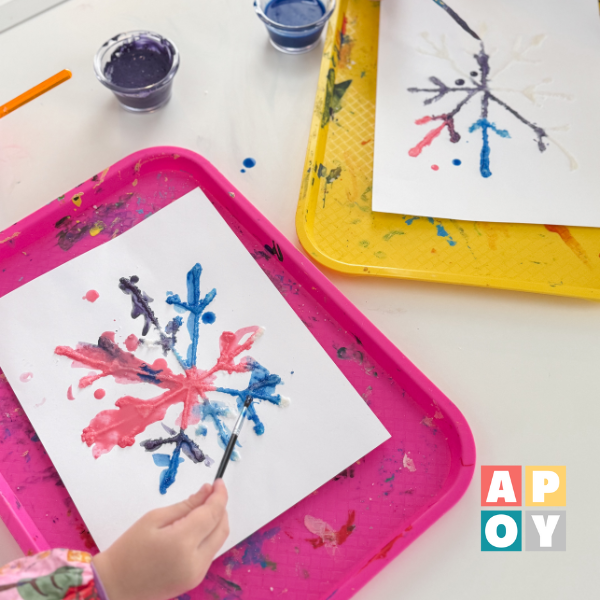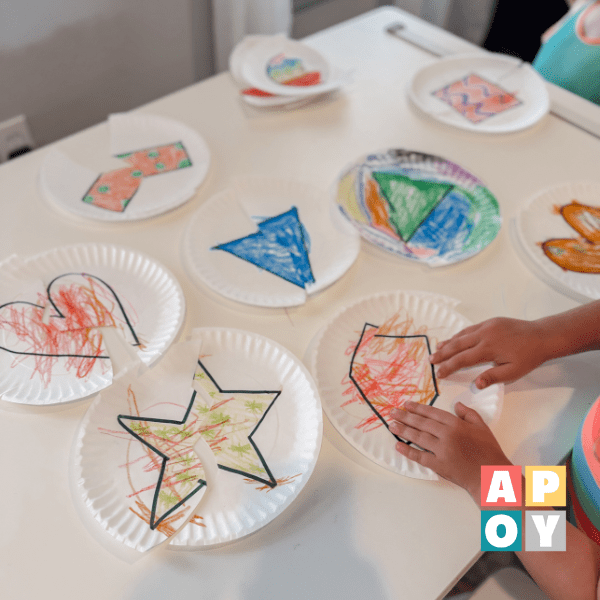18-24 Month Toddler Activities
Engaging and Educational Toddler Activities for 18-24 Months: Foster Milestones and Create Lasting Memories
Welcome to our guide on toddler activities for 18-24 months! This is an exciting age where your little one’s energy, curiosity, and imagination are flourishing. As your toddler grows, it’s essential to provide them with engaging and educational activities that promote their motor, language, and cognitive milestones. In this guide, we’ll explore a variety of fun activities tailored to this age group, fostering their development while creating lasting memories. But first, let’s have a brief overview of the developmental milestones for 18-24-month-old toddlers.


18-24 Month Developmental Milestones: Motor, Language, And Cognition*
Motor Milestones
(18-24 months):
- Walking independently and climbing stairs with support
- Kicking and throwing a ball
- Scribbling with a crayon or marker
- Building towers with blocks
- Turning pages of a book one at a time
- Feeding themselves with a spoon or fork, although with some mess
Language Milestones
(18-24 months):
- Saying around 20-50 words, including simple nouns and verbs
- Combining two words to form basic phrases (e.g., “more juice,” “big dog”)
- Pointing to objects and body parts when named
- Following simple instructions (e.g., “Give me the toy”)
- Engaging in basic pretend play and imitating familiar actions or words
Cognition Milestones
(18-24 months):
- Recognizing familiar objects and people
- Sorting objects by shape or color
- Pointing to pictures in a book when named
- Understanding the concept of “mine” and “yours”
- Engaging in parallel play alongside other children
- Beginning to understand cause-and-effect relationships
Their newfound mobility is evident as they take confident steps, conquering stairs with support. Meanwhile, their dexterity and creativity flourish as they enthusiastically scribble with crayons and construct impressive towers using blocks. Although there might be a bit of mess involved, they eagerly embrace their independence while feeding themselves with a spoon or fork.
In the realm of language, toddlers become tiny chatterboxes, eagerly expanding their vocabulary and communication skills. With around 20-50 words in their repertoire, they joyfully combine two words to express their desires, such as asking for “more juice” or pointing out a “big dog.” Their growing comprehension is showcased as they delight in pointing to named objects and body parts and eagerly follow simple instructions. The world becomes their stage as they engage in imaginative play, mimicking familiar actions and words with an adorable enthusiasm.
Cognitively, toddlers become little explorers, embracing a world of discovery and understanding. They eagerly recognize familiar objects and faces, finding comfort in the familiar. Sorting objects based on shape or color becomes a thrilling challenge for their inquisitive minds. Turning the pages of a book and pointing to pictures when named demonstrates their emerging ability to absorb information and make connections. The concepts of “mine” and “yours” take shape, as they navigate the delicate dance of sharing and ownership. Socially, they embark on parallel play, happily observing and interacting with their peers, while beginning to unravel the wonders of cause-and-effect relationships.
Social interaction plays a crucial role in the development of toddlers aged 18-24 months. During this stage, engaging with peers and adults in social settings helps them develop important social skills, emotional intelligence, and empathy. Through social interactions, toddlers learn how to share, take turns, cooperate, and navigate conflicts. They begin to understand the concept of empathy by observing and responding to the emotions of others. Interacting with their peers also provides opportunities for language development as they communicate and engage in simple conversations. Social interaction at this age sets the foundation for future social relationships and fosters a sense of belonging and community.
How Can You Foster Motor, Language, and Cognitive Milestones at this age?
Language Milestones
(18-24 Months):
- Engage in frequent conversations with your child, using simple and clear language.
- Read books together and point out and name objects in the pictures.
- Sing songs, recite nursery rhymes, and engage in finger plays to enhance language development.
- Encourage your child to mimic sounds, words, and short phrases.
- Use gestures and visual aids to support understanding and communication.
*It’s important to note that every child develops at their own pace, and there can be variations within the normal range. If you have any concerns about your child’s development, it’s always a good idea to consult with a pediatrician or healthcare professional.


TRY THESE ACTIVITIES
Explore simple, hands-on activities below!
Remember, the primary focus is to engage your child in activities that are age-appropriate, safe, and enjoyable. These activities foster their development while nurturing the bond between you and your little one. So go ahead, have fun, and create precious memories as you embark on this exciting journey together!
MOST (UN)POPULAR FINDS
Shop Links for Follower Favorites Here
FIND MORE INSPIRATION
Even More Achievable Learning Ideas

